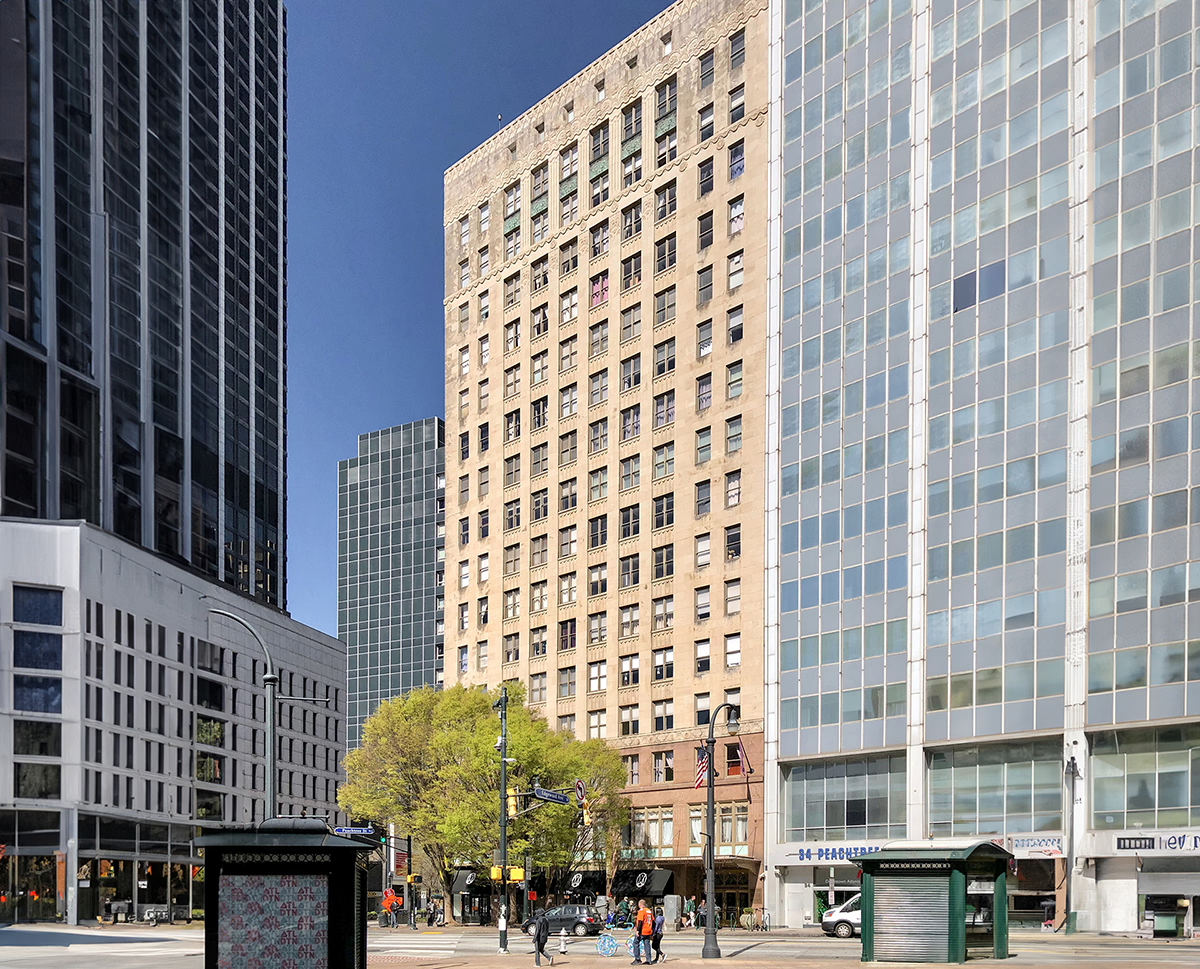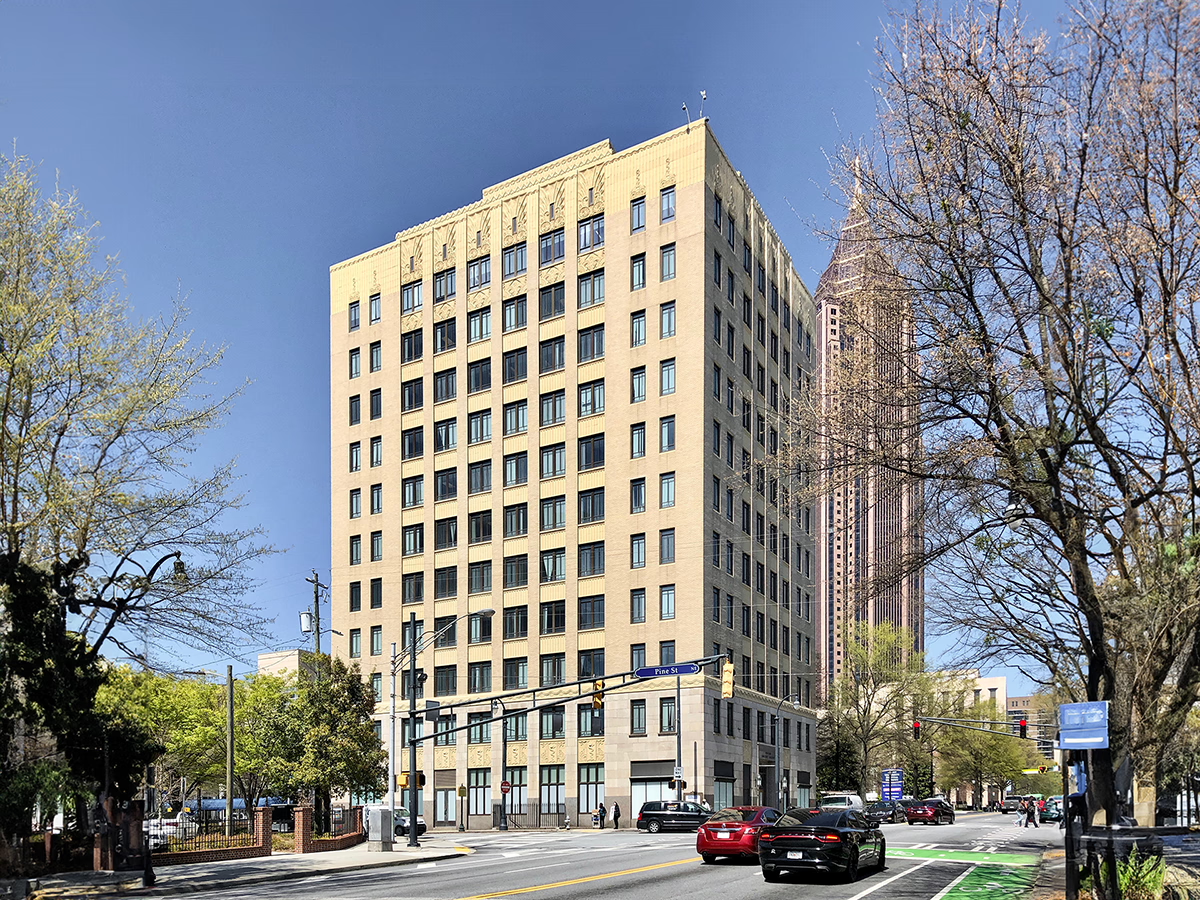William-Oliver Building vs W.W. Orr Building


Comparing the William-Oliver Building and the W.W. Orr Building is especially interesting because they share much in common. Both rise in Atlanta, GA both were designed by Pringle and Smith, and they were completed in the same year.
This overlap gives us a unique opportunity to understand how Pringle and Smith approached different commissions in the same urban context and historical context during a short period.
Height & Size
The William-Oliver Building is clearly the larger tower of the two, both in terms of height and number of floors. It rises to 207ft (63m) with 16 floors above ground, while the W.W. Orr Building reaches 0ft (m) with 11 floors above ground.
Of course, each project may have faced different briefs or regulatory constraints, which we don't really know about and could also explain the outcome.
Architectural Style
Both the William-Oliver Building and the W.W. Orr Building were designed in line with the aesthetic conventions of the Art Deco style.
At the time, this style was at the height of its popularity. So Pringle and Smith followed what was in many ways expected at the time, producing designs that fit comfortably within contemporary architectural norms rather, than breaking with convention.
Uses
The William-Oliver Building is primarily residential, while the W.W. Orr Building is primarily medical.
Originally, the William-Oliver Building was designed for commercial, but over time it was converted to residential. The W.W. Orr Building by contrast has maintained its original role.
The William-Oliver Building offers 114 residential units.
Structure & Facade
These two towers illustrate the many possible ways to combine structure and enclosure in skyscraper design.
| William-Oliver Building | W.W. Orr Building | |
|---|---|---|
| Pringle and Smith | Architect | Pringle and Smith |
| 1930 | Year Completed | 1930 |
| Art Deco | Architectural Style | Art Deco |
| Residential | Current Use | Medical |
| 16 | Floors Above Ground | 11 |
| Frame | Structure Type | Frame |
| Steel | Vertical Structure Material | Steel |
| Concrete | Horizontal Structure Material | Concrete |
| Limestone | Main Facade Material | Limestone |
| GA | State | GA |
| Atlanta | City | Atlanta |
| 32 Peachtree Street NW | Address | 478 Peachtree Street NE |